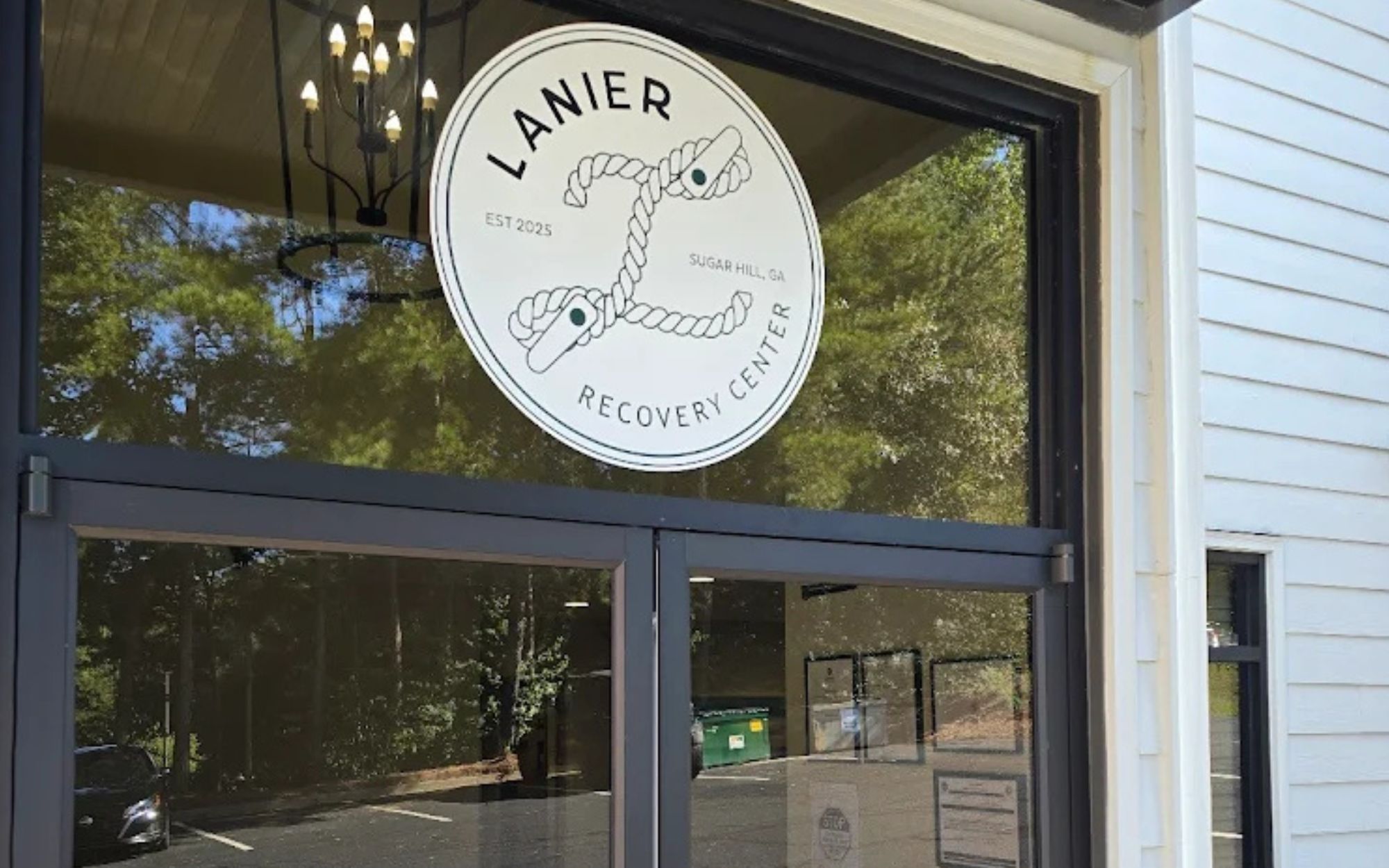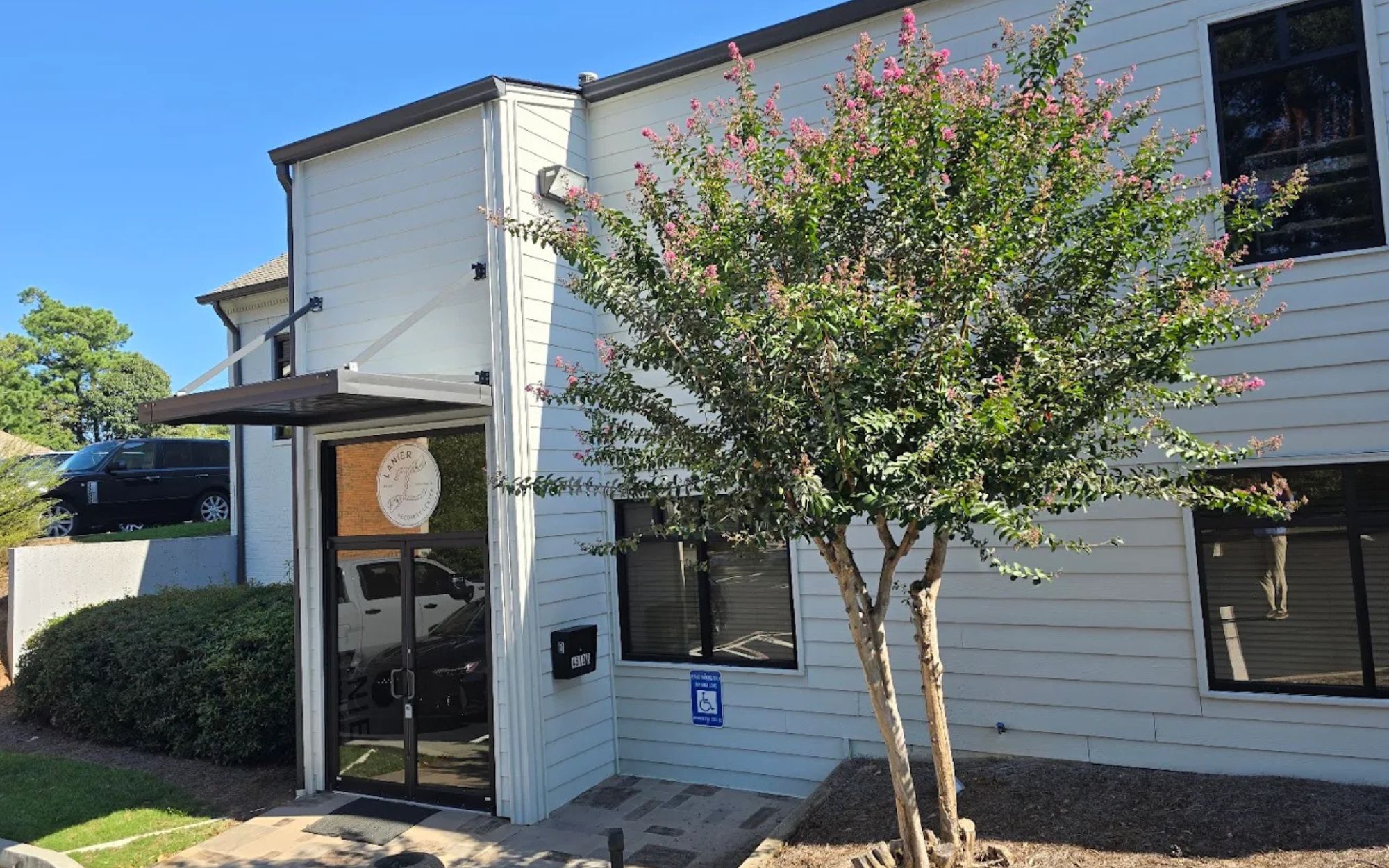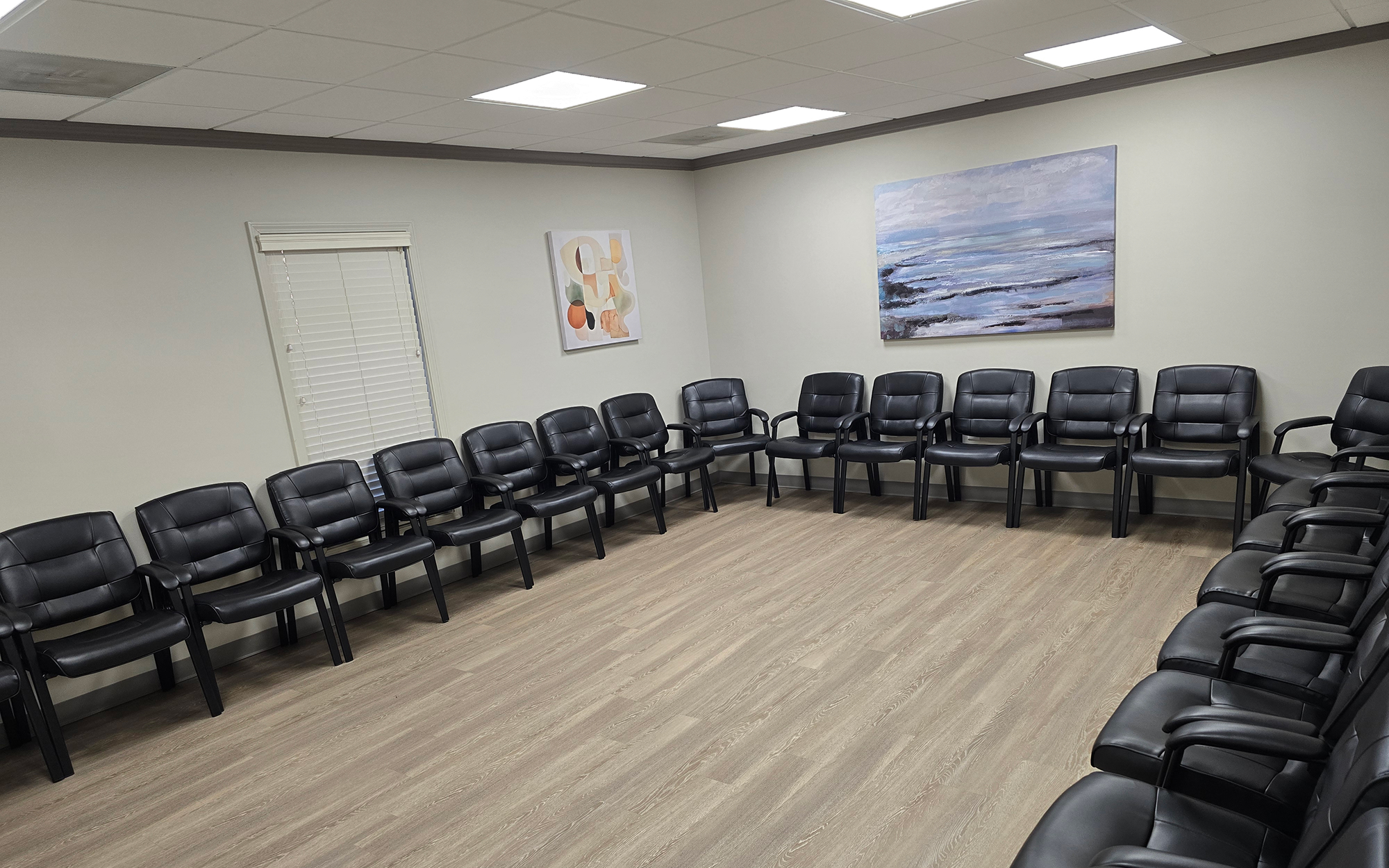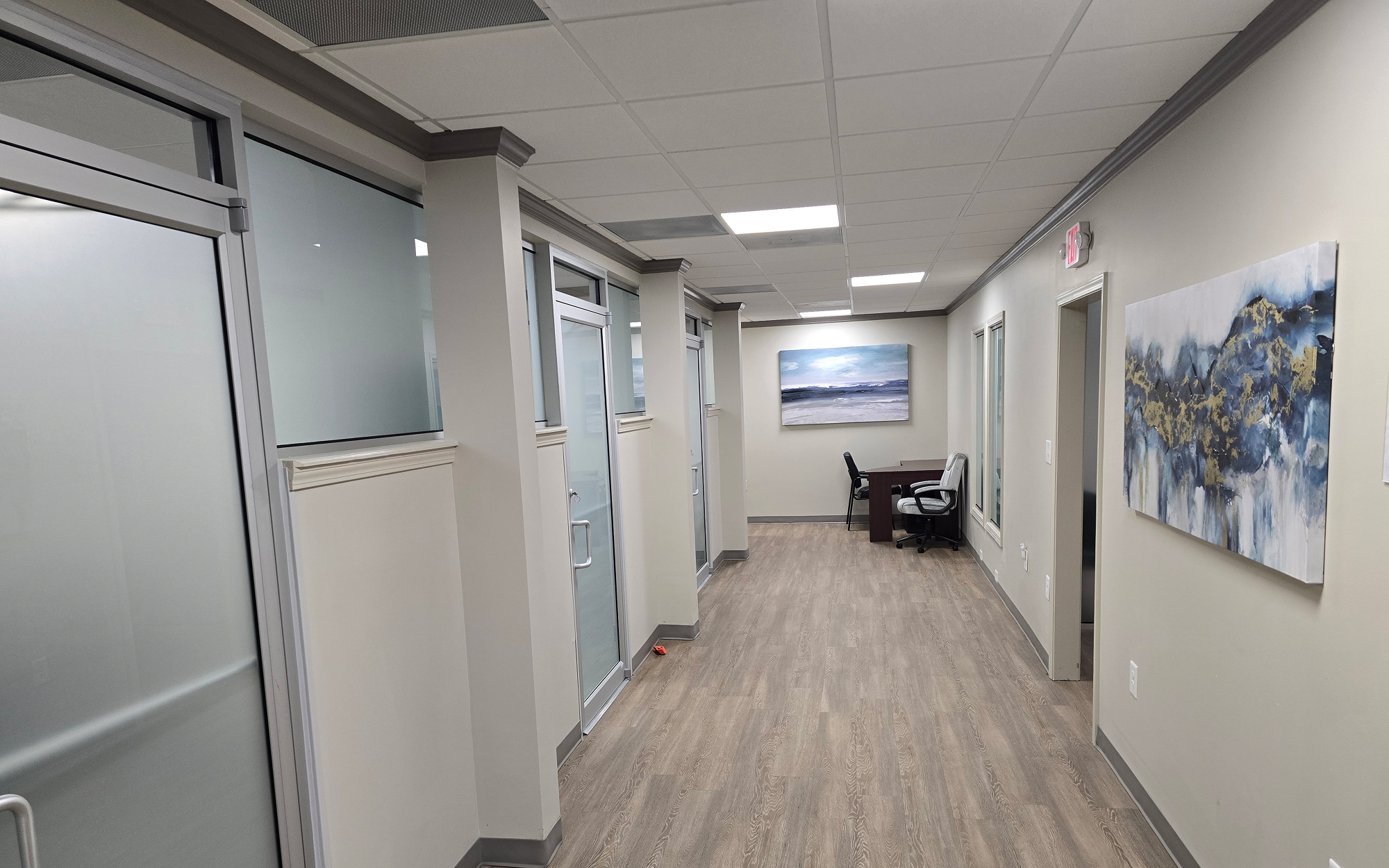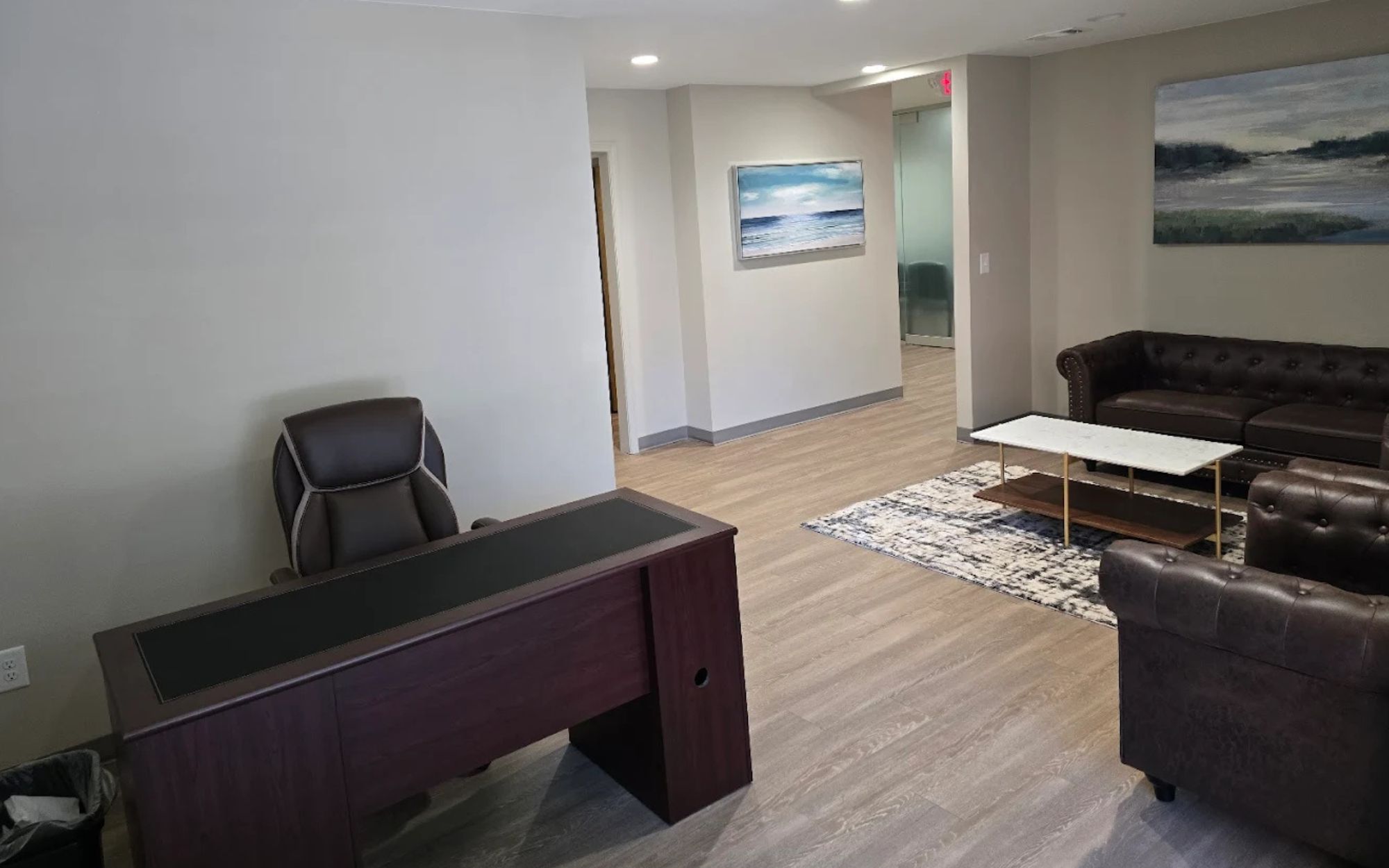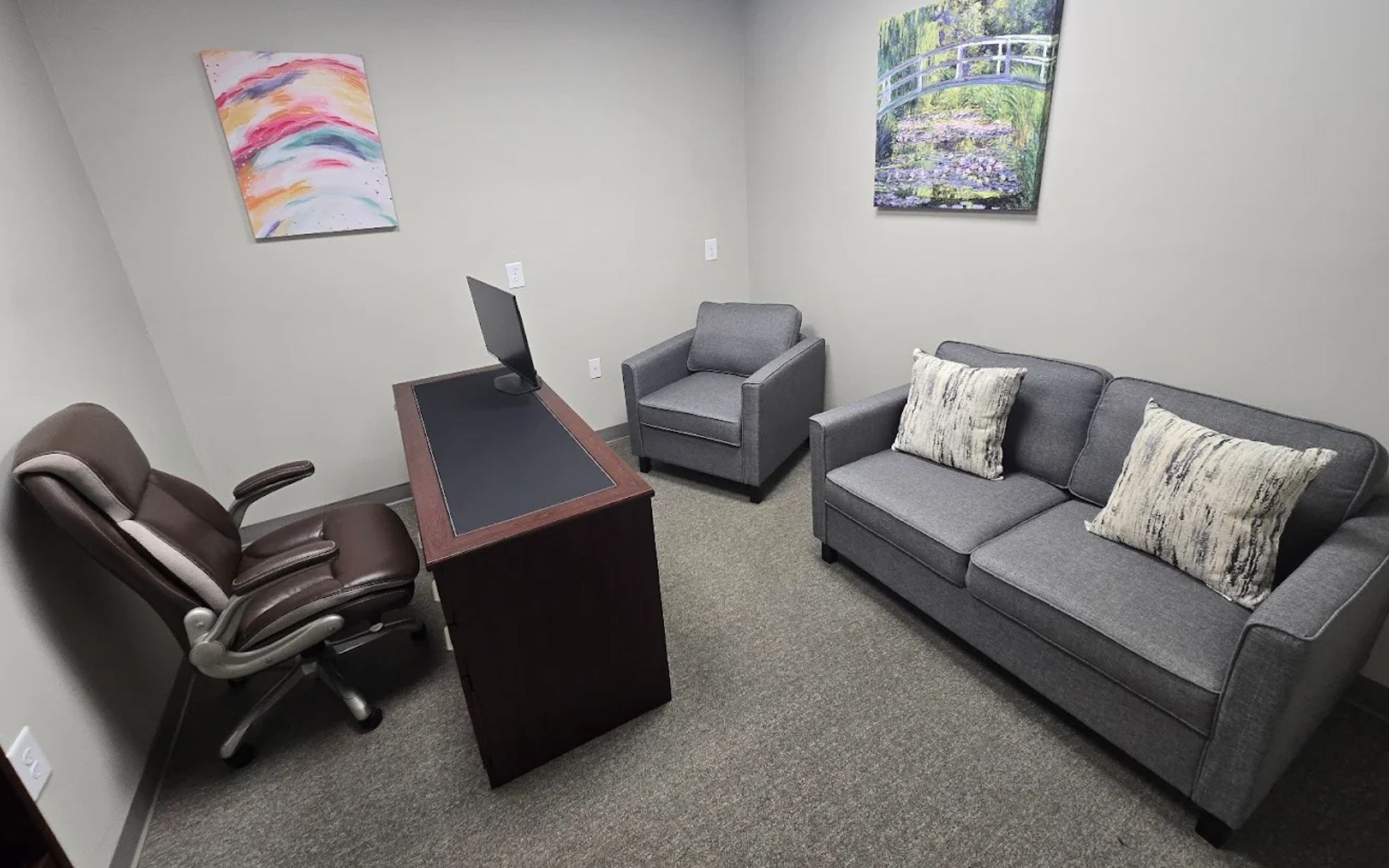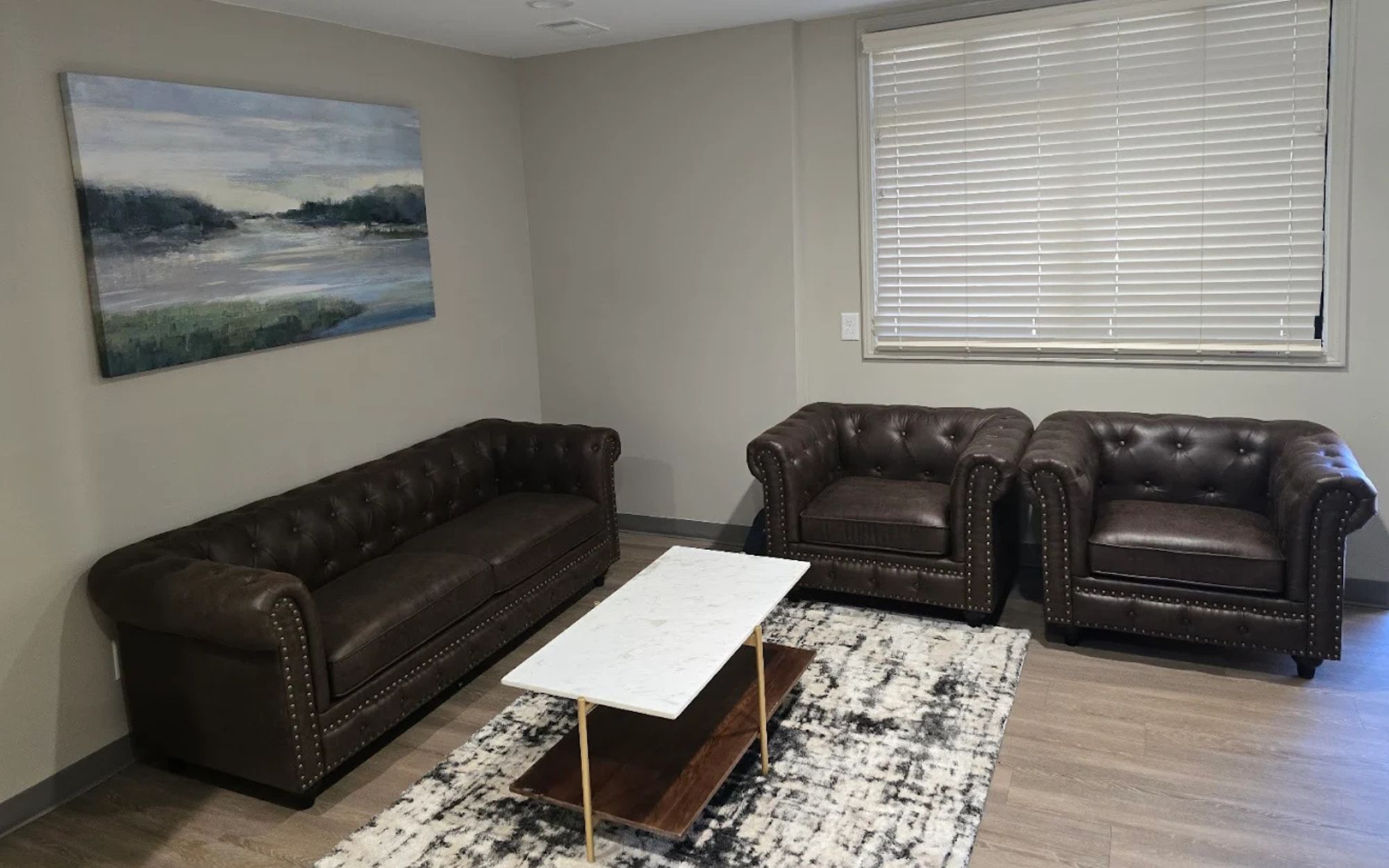
Understanding trauma and the need for trauma therapy
Trauma is the emotional and psychological response to deeply distressing or disturbing experiences. These events may occur once or repeatedly over time, and they can overwhelm a person’s ability to cope. Trauma affects how the brain processes stress, regulates emotions, and forms memories. It can also influence self-esteem, relationships, and daily functioning.
Common sources of trauma include childhood neglect or abuse, domestic violence, loss of a loved one, medical trauma, accidents, assault, or exposure to ongoing stress. Even when experiences happened years ago, their effects can remain present in the body and mind without proper support.

